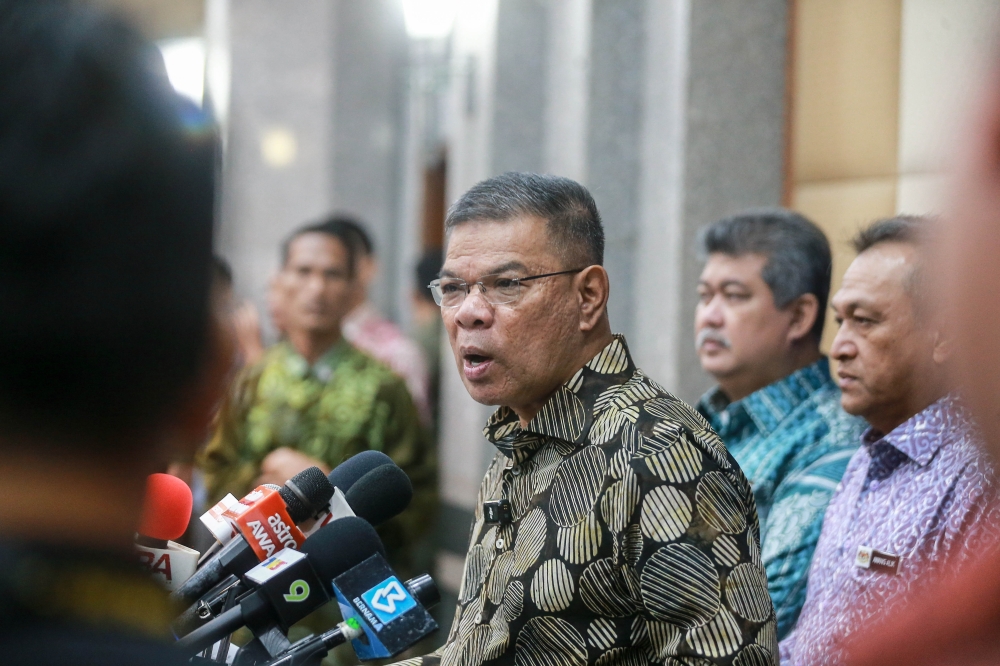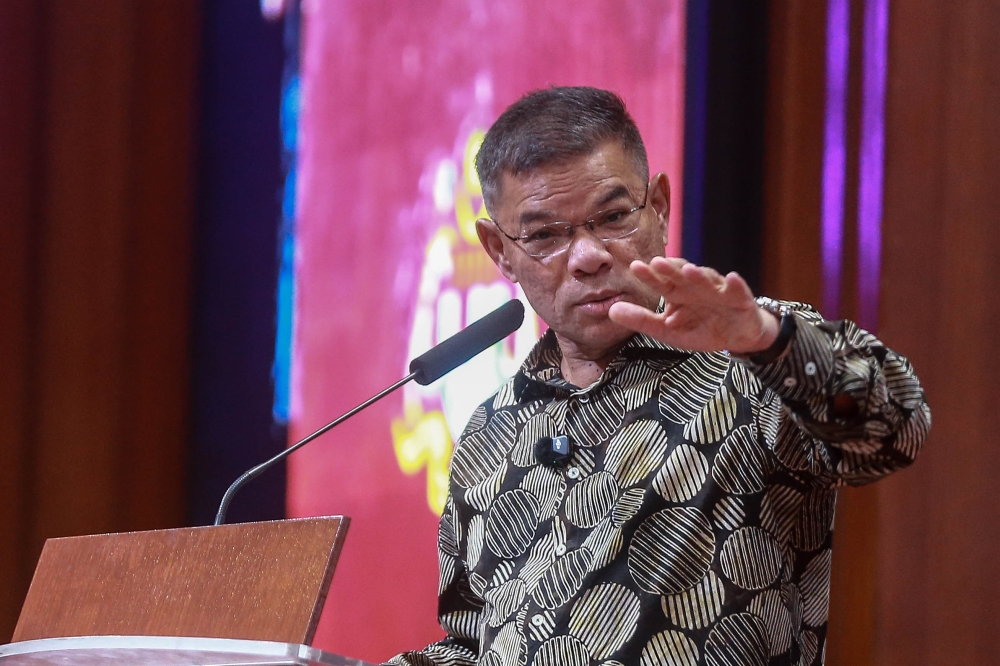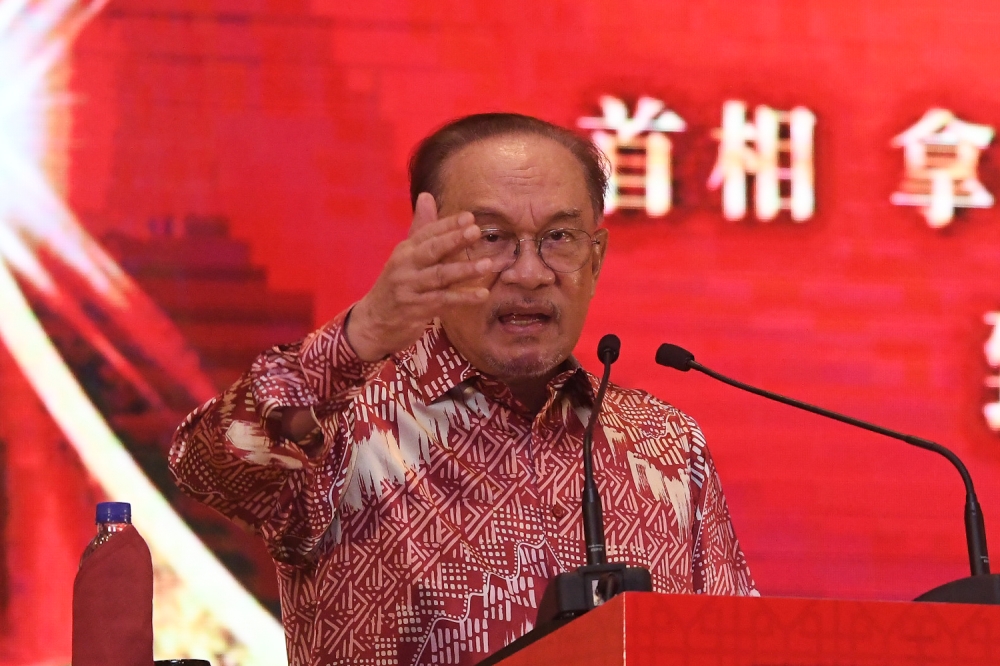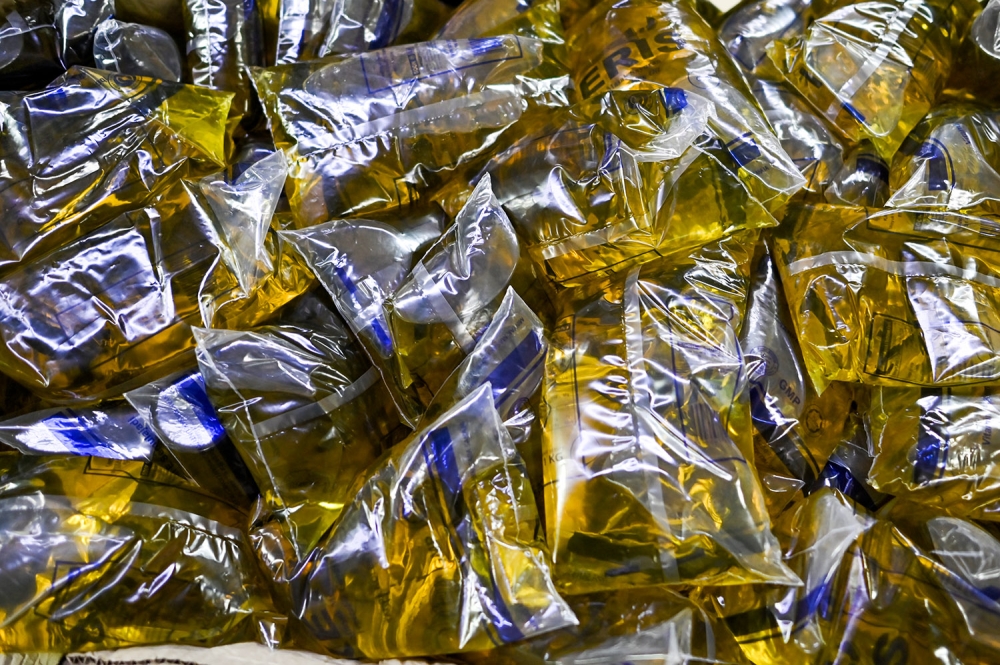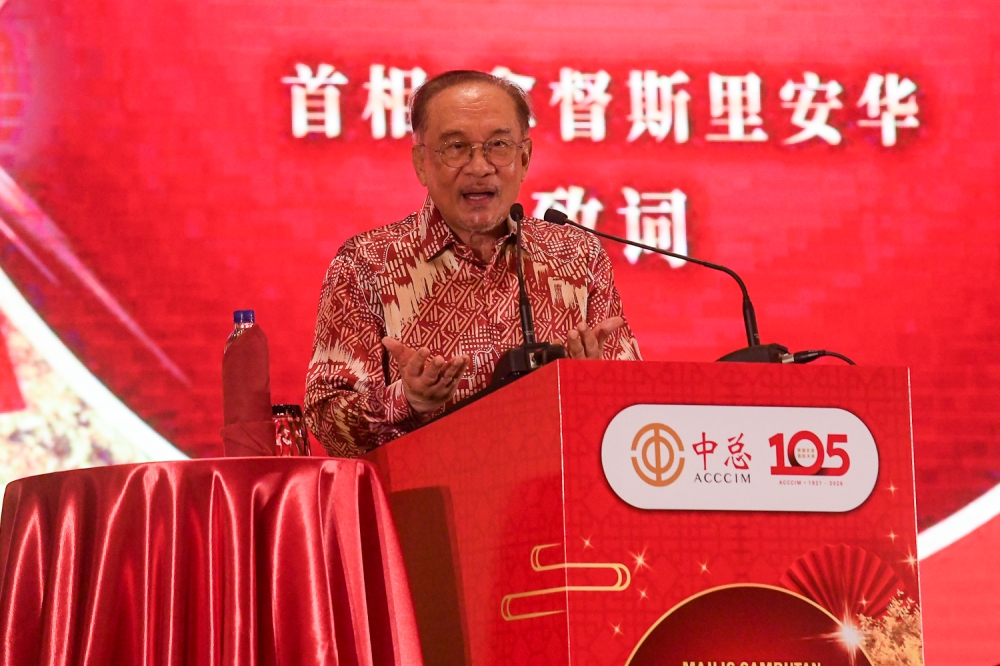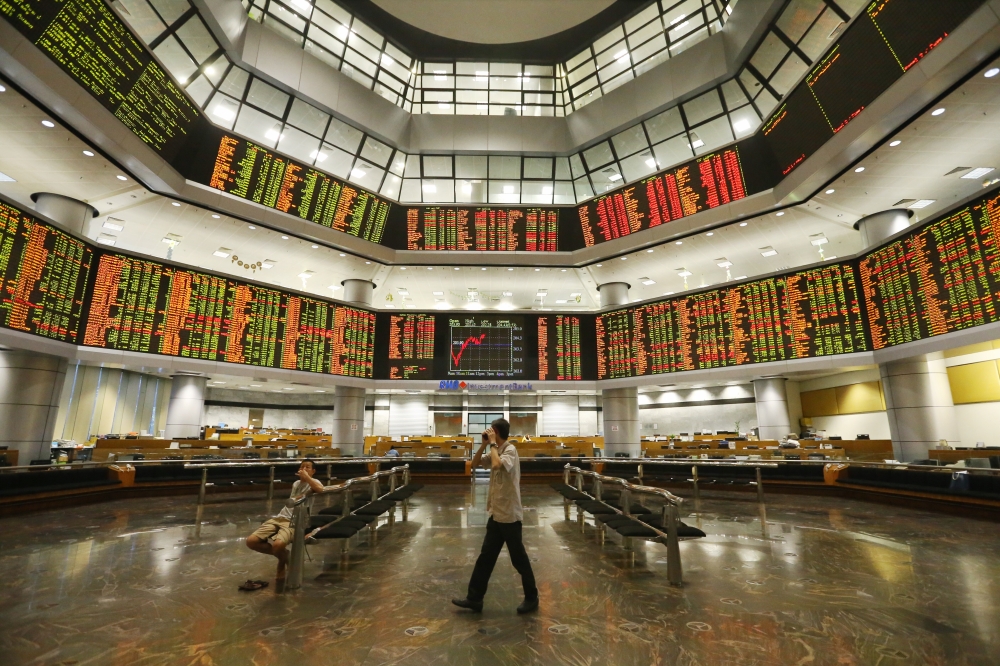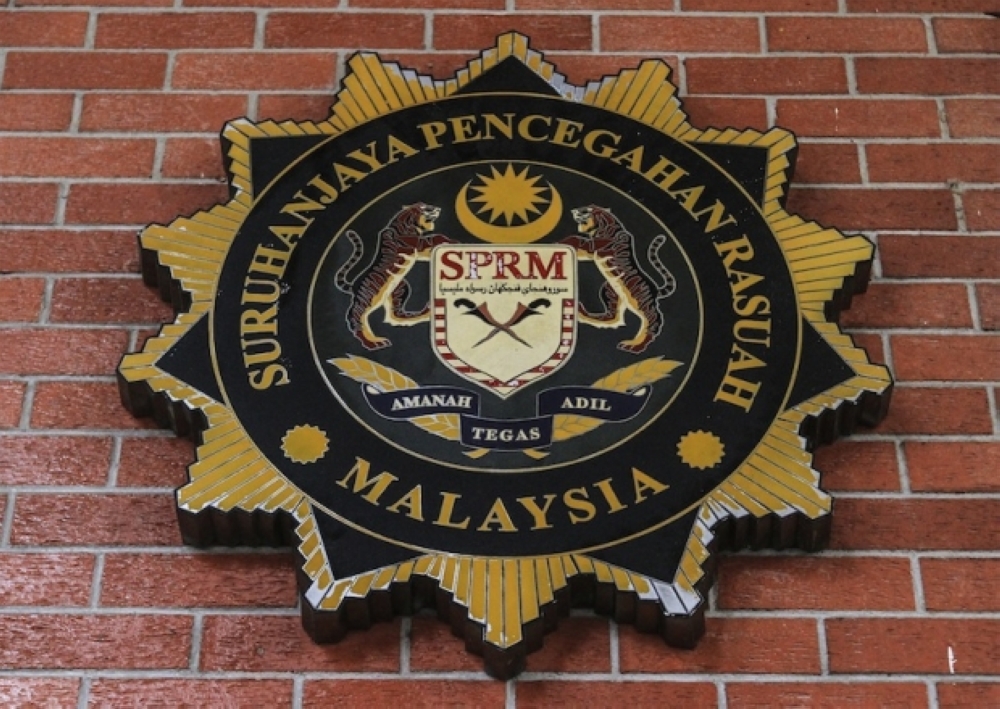MARCH 1 — Intellectual Property (IP) has been in the news a lot recently.
The highest profile example is the accusation of IP theft resulting in the US-China trade war.
A quieter and longer-term battle has been slowly boiling over across the globe and at the World Trade Organization (WTO) over the past decade – and has landed on Malaysia’s borders to the north and to the south. This is the dispute over brand restrictions.
Earlier this month, Singapore’s parliament passed amendments to the Tobacco (Control of Advertisements and Sale) (Amendment) Bill, which calls for the standardised or “plain” packaging of tobacco products – effectively removing all branding elements with the exception of small, standardised word marks.
Thailand had previously passed a law allowing for plain packaging of tobacco, and scrambled to be the first in Asia to strip brands from legally traded products by announcing plans to enact their plain packaging laws later this year.
These actions came as a disappointment to the International Trademark Association (INTA), largely because the association has seen great progress in intellectual property creation in South-east Asia over the past years.
These moves by two leaders in Asean are a setback to innovation, economic growth and consumer trust. What will Malaysia do to brands being squeezed out by its neighbours?
To be sure, INTA commends efforts to address public health concerns such as smoking. Nonetheless, the association is very concerned about the negative impact that plain packaging will have on brand and consumer protection, now and in the future.
In a thriving market economy, trademarks, and the logos, colours, and designs on packages of which those trademarks consist, do more than just help companies market products.
They inform consumers about the sources of products and provide options as they make purchasing decisions. Consumers look for the brands they recognise and trust.
But imagine taking away a product’s brand characteristics, whereby consumers lose their ability to choose, and the market activity that allows brands and economies to develop is severely limited.
Unfortunately, this is the very scenario that today is the reality in parts of Europe, Latin America, Oceania, and now Asia. And who knows what the future will bring?
Globally, this trend began in earnest with tobacco products. Australia was the first country to introduce plain packaging for tobacco products in 2012, followed a few years later by France and the United Kingdom.
Despite years of data, evidence is equivocal as to the effect on consumer behaviour.
Look before you leap
There is much at risk here. International brand owners strongly believe that governments must take a well-informed and balanced approach to this issue.
They should consider, in addition to health and safety concerns, a broad range of public policy matters, including the contribution of IP to economic growth and in short, the overall economic well-being of a country’s citizens.
It is critical to consider the immense monetary value that trademarks create for Singapore and the region’s economy.
Research published by INTA shows that trademark-intensive industries in Asean can contribute up to a significant 50 per cent of gross domestic product, 60 per cent of exports, and 29 per cent to overall employment.
Furthermore, trademarks are also crucial as an IP asset for small and medium-sized enterprises.
Countries are aware of the costs of brand restrictions. This year, Honduras and the Dominican Republic filed a formal appeal against the ruling by a Dispute Settlement three-person panel of the WTO in favour of Australia’s legislation to implement plain packaging for tobacco products.
INTA shared our concerns by filing an amicus brief with the WTO Appellate Body on this issue, arguing that plain packaging violates the treaty protections for trademarks embodied in the WTO’s TRIPS agreement.
As a responsible member of the international community, Singapore should delay implementation of plain packaging until such time as the appeal of the WTO case has been properly settled.
At a time when IP disputes are rocking the global trading order, it may not be a surprise that on appeal the WTO finds that its treaties oblige member states to protect IP more thoroughly and consistently.
Whatever the outcome of the WTO case on plain packaging, introducing plain packaging in Singapore would not only undermine the country’s status as a champion for innovation and economic growth, but without a doubt would be a significant deterrent to attracting businesses and investors to the region, should brand restrictions proliferate to other industry sectors.
Other industries at risk
International brand owners see a clear trend around the world. As plain packaging proliferates, products other than tobacco also come under fire — including alcohol, soft drinks, cereal, and infant formula — just to name a few.
Some policy makers in Malaysia are considering going the way of its neighbours and proposing these dubious policies. The reality is that health regulators now see plain packaging as another policy tool to nudge consumer behaviour.
The results can be extreme and even ridiculous. In Chile, for example, cartoon or cartoon-like images are forbidden on certain products, and black stickers are placed over iconic trademarks and logos.
The sky is the limit when one believes there is no downside to plain packaging. For example, there even have been calls in Australia to plain package financial services — lest consumers be induced by brands to take on bad loans.
With plain packaging, trademarks will cease to serve their function to distinguish one producer from another. This will ultimately hurt consumers.
Ultimately, the question is whether taking such a radical step as removing trademarks from legal products that consumers trust and rely upon will be beneficial for a country overall.
And what could come next?
What if major Malaysian companies were forbidden to use their brands or logos legally registered and owned because regulators needed a quick and visible fix to a very complex problem?
Public health and other regulatory issues linked to consumer behaviour are a priority, but not while ignoring IP rights. A better balance should be found.
Malaysia can avoid these risks and support an innovative brand economy by looking for real solutions to address public policy concerns, and allow brands and the innovators behind them, to create value for the country and consumers.
*The writer is the Chief Executive Officer of the International Trademark Association.
**This is the personal opinion of the writer and does not necessarily represent the views of Malay Mail.

